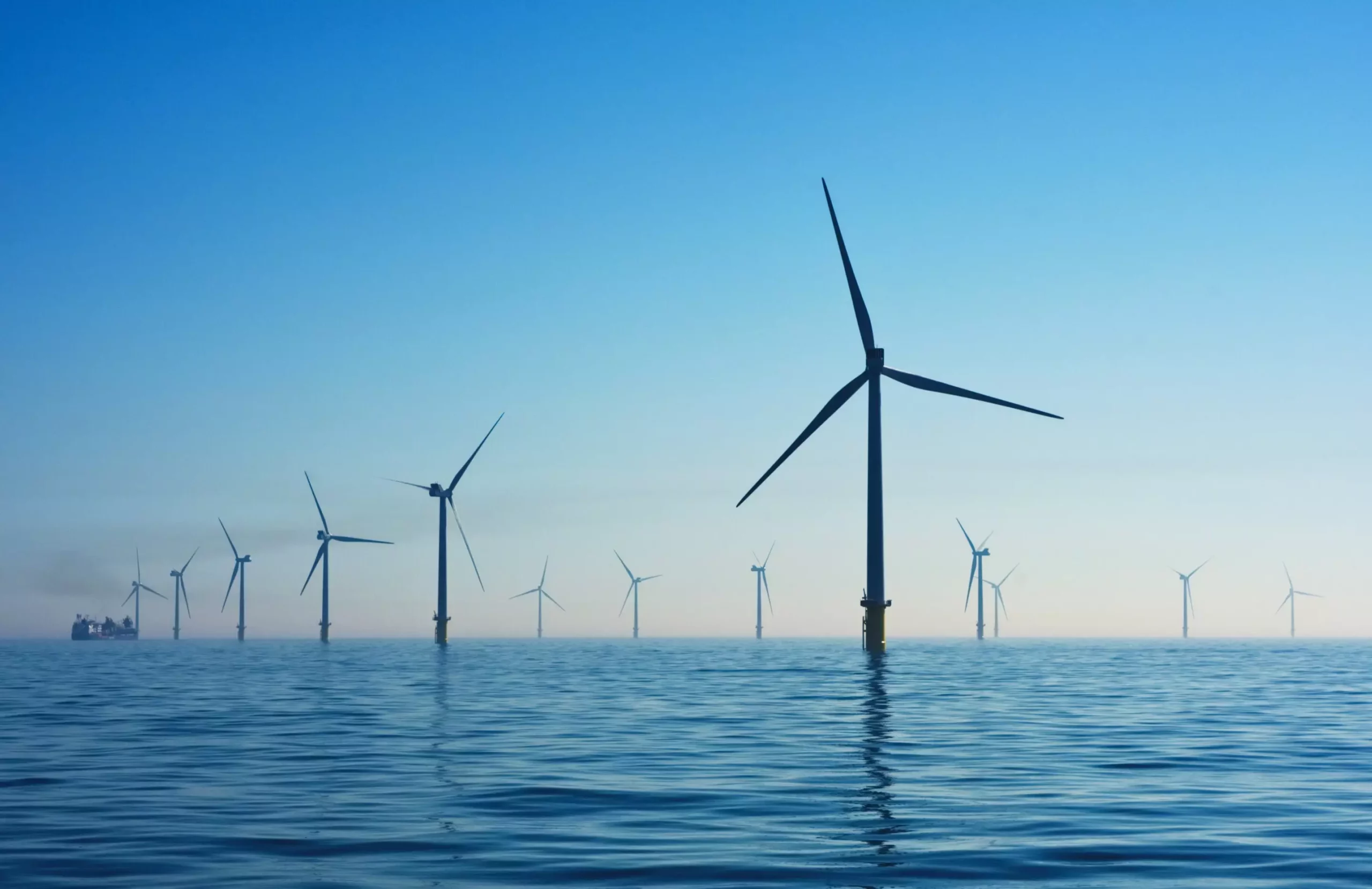The contentious debate surrounding offshore wind development in Nantucket has garnered significant attention, particularly after a turbine blade failure sparked concerns about the environmental implications of rapid project approvals. The grassroots community group, ACK For Whales, has taken a firm stand against what they perceive as federal negligence in prioritizing renewable energy over the protection of endangered species, particularly the North Atlantic right whale. Their petition to the U.S. Supreme Court represents not merely an appeal but a broader critique of the regulatory framework governing offshore wind energy projects.
At the heart of ACK For Whales’ petition is the assertion that the National Marine Fisheries Service (NMFS) and other federal agencies flouted the Endangered Species Act (ESA). This act mandates that the best available scientific and commercial data be utilized in decision-making processes, particularly when such decisions involve endangered species whose survival is at stake. The April ruling by the U.S. First Circuit Court of Appeals, which dismissed ACK For Whales’ suit, relied heavily on the assertion that federal agencies were entitled to interpret the requirements of the ESA as they deemed fit. This deference to agency discretion has become a recurring theme in administrative law, raising questions about the balance between expert judgement and judicial oversight.
The incident in July, wherein a turbine blade failed, has amplified concerns about the offshore wind project—specifically, the ramifications of hastily approved plans on local ecosystems. The physical and symbolic damage of turbine failures compounds the anxiety felt by residents. Vallorie Oliver, President of ACK For Whales, underscored this sentiment by suggesting that such occurrences illustrate the shortcomings of governmental policies that prioritize expedience over rigor and compliance with environmental laws. The failed turbine has become emblematic of the dangers that unregulated offshore developments pose to both marine life and local communities.
Through their legal action, ACK For Whales brings to light a dual concern: the potential for ecological disaster if projects proceed without stringent oversight, as well as the perceived apathy of regulatory agencies towards the local community’s call for conservation. The group’s arguments resonate with a growing body of environmental activism that questions whether the transition to renewable energy can coexist with the preservation of delicate marine ecosystems. Community sentiment appears to be shifting; many residents are advocating for a moratorium on offshore wind projects until existing laws are upheld and environmental risks are adequately assessed.
The decision from the First Circuit has been criticized for placing too much reliance on the agencies’ interpretations of the ESA. Legal representatives from ACK For Whales have pointed to the Supreme Court’s recent Loper Bright decision, which emphasized that courts possess the authority to review agency decisions regarding legal interpretations. This framing potentially opens the door for the Supreme Court to reevaluate the balance of power between scientific expertise and judicial oversight, an outcome that could resonate well beyond the confines of offshore wind energy discussions.
ACK For Whales’ legal battle is not merely about Nantucket or the North Atlantic right whale; it highlights a critical crossroads in environmental policy where aggressive renewable energy initiatives must be carefully weighed against conservation needs. As climate change incentivizes a shift to cleaner energy sources, the question remains: how can society ensure that such shifts do not come at an intolerable cost to endangered wildlife?
The Supreme Court’s eventual decision in this case may establish broader precedents regarding the interpretation of environmental legislation and the necessary safeguards for vulnerable species amidst the march toward renewable energy allegiance. This unfolding scenario encapsulates the interlinked challenges of environmental protection, energy policy, and public advocacy, reflecting a compelling narrative that warrants close examination and thoughtful dialogue.
As ACK For Whales continues its fight for wiser policy and legal adherence, it calls for a broader recognition of the complexities of energy transition strategies. The implications of the ongoing legal battles reaching the highest court in the land lay the groundwork for future environmental governance, marking a pivotal moment in the interplay between community activism and regulatory accountability.


Leave a Reply